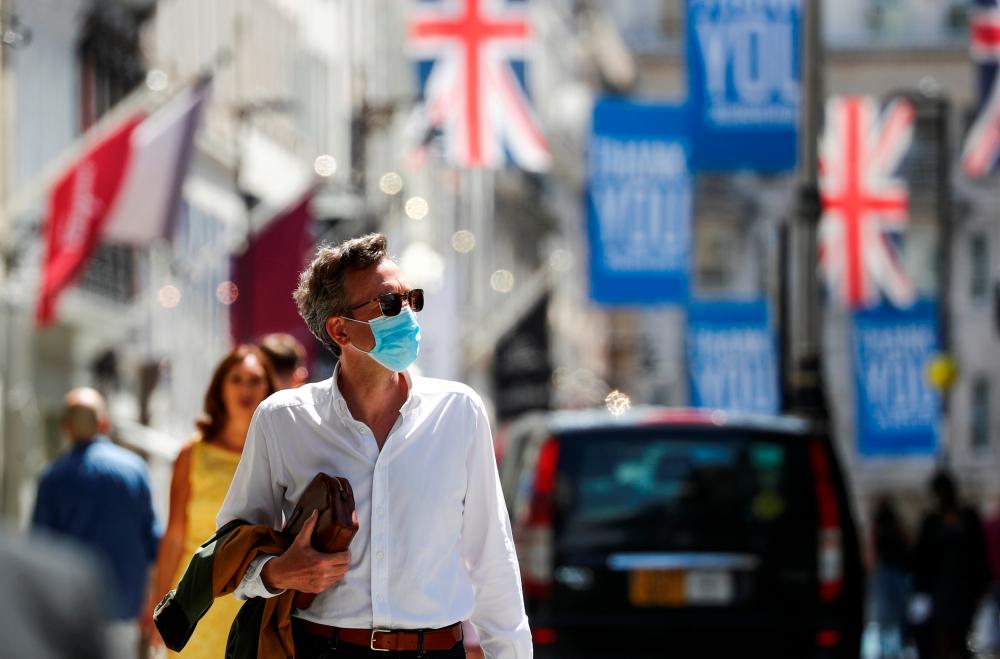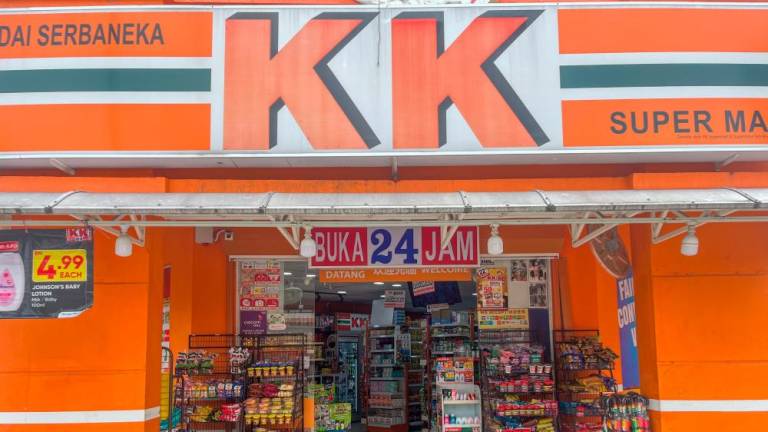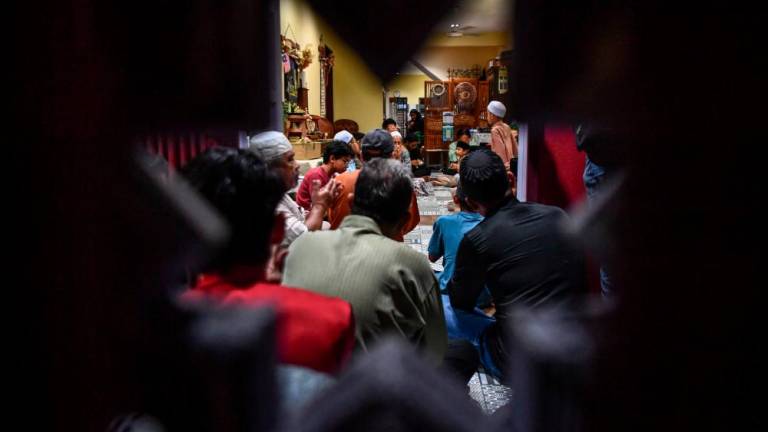LONDON: Britain's economic recovery relies in part on individuals, businesses and policymakers feeling and transmitting less anxiety over coronavirus fallout, the Bank of England's (BoE) chief economist argued on Wednesday.
As official data confirmed that Britain's economy shrank by around one fifth in the second quarter, a speech by Andy Haldane said that "avoiding economic anxiety is crucial to support the on-going recovery".
Britain, he said, was in fact facing "the unholy trinity of risks from Covid, unemployment and Brexit".
He added: "If the economy were sat on a psychiatrist's sofa, the diagnosis would not be especially difficult.
"A propensity to dismiss good news and dwell on bad? To catastrophise about the future? The sense of events being beyond our control?
"These are the psychological symptoms of anxiety. And collective anxiety is as contagious, and could be as damaging to our well-being, as this terrible (Covid-19) disease," added Haldane, who is also a member of the BoE's monetary policy committee.
In his speech entitled "Avoiding Economic Anxiety", Haldane said "averting an economic anxiety attack calls for a balanced and flexible approach to the words and actions of businesses and policymakers".
He added: "Planning for the worst is important, but needs to be accompanied by hope for the best."
This despite Haldane repeating in his speech the BoE's forecast that UK unemployment would surge in the coming months – and confirming that the central bank could use "negative rates as a potential tool" to support the economy.
Prime Minister Boris Johnson's government has pumped billions of pounds into supporting jobs during the pandemic but its furlough scheme will from November be replaced by a much smaller package of support.
With the pandemic sending Britain's total debt above £2 trillion (RM10.65 trillion) for the first time – more than its annual gross domestic product – the government is looking to keep a lid on its soaring deficit.
One advantage the state has is that interest rates are at historic low levels, with the BoE's main borrowing cost having been slashed to just 0.1% to support the economy through the pandemic.
Whether the central bank headed by governor Andrew Bailey decides to go negative is far from clear, however, despite currently exploring "how a negative Bank Rate could be implemented effectively", according to minutes of its last policy meeting in September.
While negative rates are seen as a way to encourage the consumer to spend rather than save, they do not "help create a healthy banking system as it increasingly squeezes lenders' profitability", Craig Erlam, analyst at Oanda trading group told AFP on Wednesday.
While banks' bumper profits leading to huge bonus payouts are often criticised, lenders have since the 2008 financial crisis faced strict demands from regulators to improve their capital cushions.
Britain's gross domestic product contracted by a record 19.8% in the April-June period, the Office for National Statistics (ONS) said in a statement that revised its initial figure of a 20.4% slump.
The economy also declined by 2.5% in the first quarter, the ONS added. That was however worse than the previous figure of a 2.2% decline.
The grim data confirmed Britain has entered a recession with two successive contractions in economic activity, sparked by a nationwide lockdown on March 23 that was not relaxed fully until early June.
"While it is still true that these early estimates are prone to revision, we prefer to focus on the magnitude of the contraction that has taken place in response to the coronavirus pandemic," the ONS said.
"It is clear that the UK is in the largest recession on record," it added, noting also that the global health emergency had sparked record declines in economic activity around the world in the second quarter.
"The latest estimates show that the UK economy is now 21.8% smaller than it was at the end of 2019, highlighting the unprecedented size of this contraction," the ONS concluded.
During the second quarter, all sectors of the shattered economy suffered massive output falls.
– AFP













